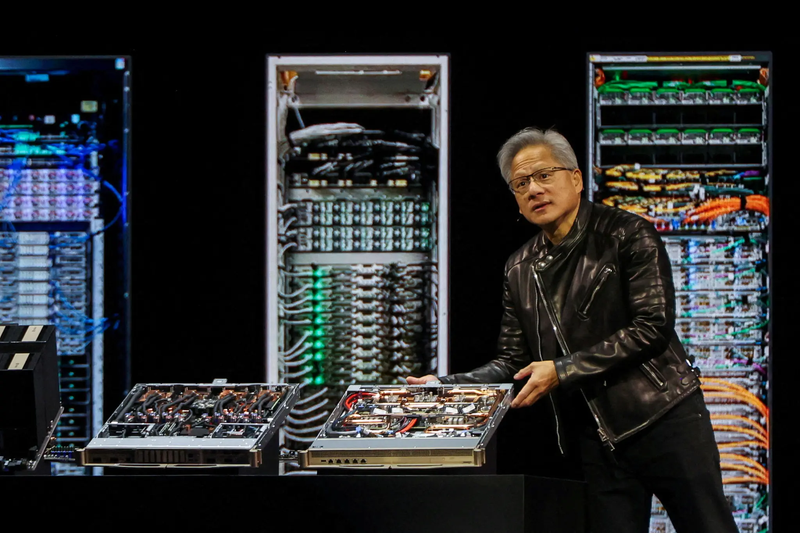
Nvidia’s China-Specific AI Chip Raises National Security Concerns Amid Growing U.S.-China Tech Rivalry
Nvidia, America’s leading AI chipmaker, is reportedly developing a new computer chip specifically designed for the Chinese market—despite ongoing efforts by the Trump administration to restrict the export of advanced AI technology to Beijing. The chip, known internally as the B30, has been engineered to comply with U.S. export rules but is capable of being assembled into powerful AI “clusters,” raising alarms among national security experts.
According to The Information, Chinese tech giants including ByteDance, Alibaba, and Tencent have already expressed interest in the B30 chip. Nvidia reportedly plans to produce over one million units this year, allowing China-based firms to sidestep individual chip restrictions by assembling massive AI computing networks from lower-spec units.
This development comes at a precarious time. In April, the Trump administration blocked Nvidia’s export of its previous China-specific chip, the H20, citing national security concerns. The administration’s policy focuses on performance thresholds per chip—but does not yet restrict large-scale clustering, which experts warn may effectively nullify the ban’s intent.
Nvidia’s response to the export controls reflects the high stakes involved. During its May 28 earnings call, CEO Jensen Huang acknowledged that the company is exploring chip alternatives tailored for China, though it has “nothing to announce yet.” Huang also expressed frustration that competitors in China are now "largely shielded from U.S. competition,” warning that they could leverage the $50 billion Chinese AI market to rapidly scale a government-backed AI ecosystem.
The consequences are far-reaching. U.S. officials are concerned that China’s access to powerful AI chips—whether through direct exports or clever workarounds—could accelerate Beijing’s push to dominate the global AI race. In particular, Washington fears that Chinese companies, many with deep ties to the Communist Party and the military, could use advanced AI models for authoritarian surveillance, military targeting, or digital influence operations abroad.
Key Risks for the U.S.:
This situation exemplifies the complex tension between economic opportunity and national security. While companies like Nvidia seek to innovate within regulatory gray zones, policymakers must urgently reassess the scope of export controls—not only by evaluating chip performance, but by addressing aggregate computing capability and end-use monitoring.
As the U.S.-China tech rivalry intensifies, the question remains: Can America afford to supply the very tools that may one day be used against its interests?